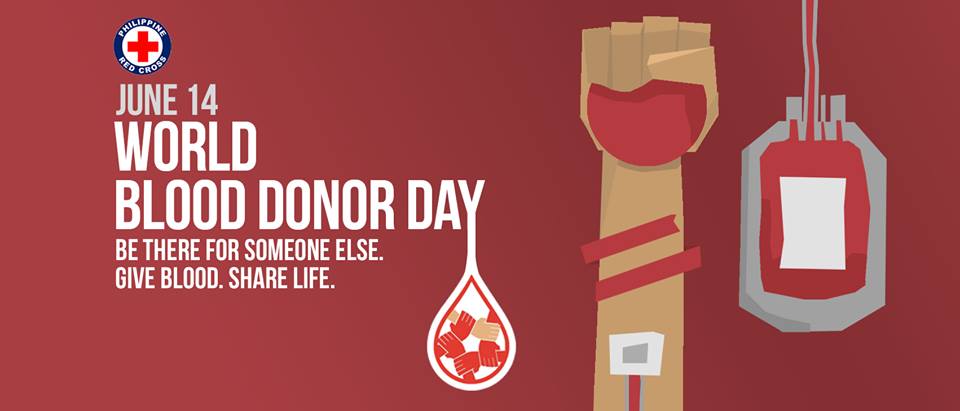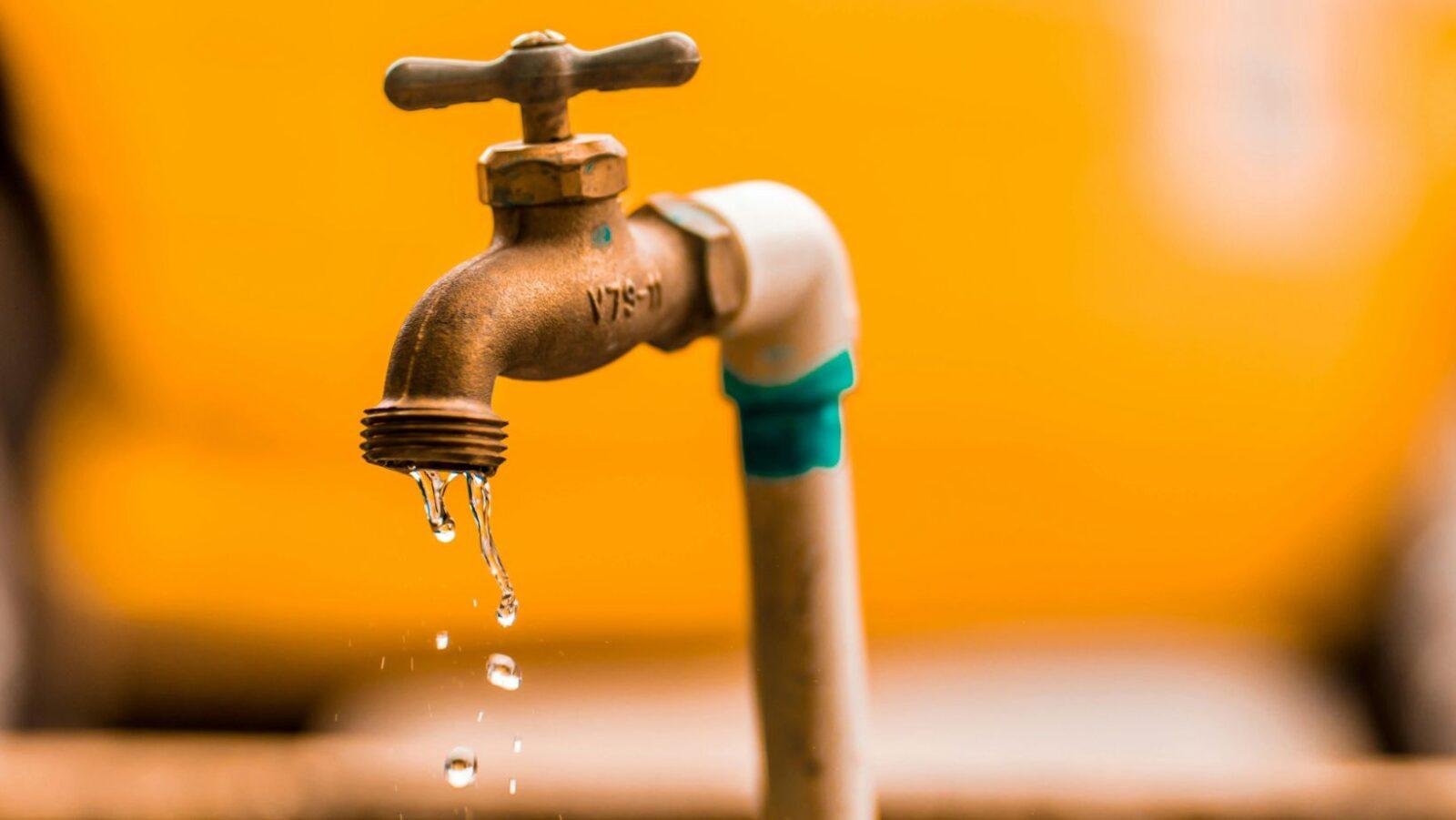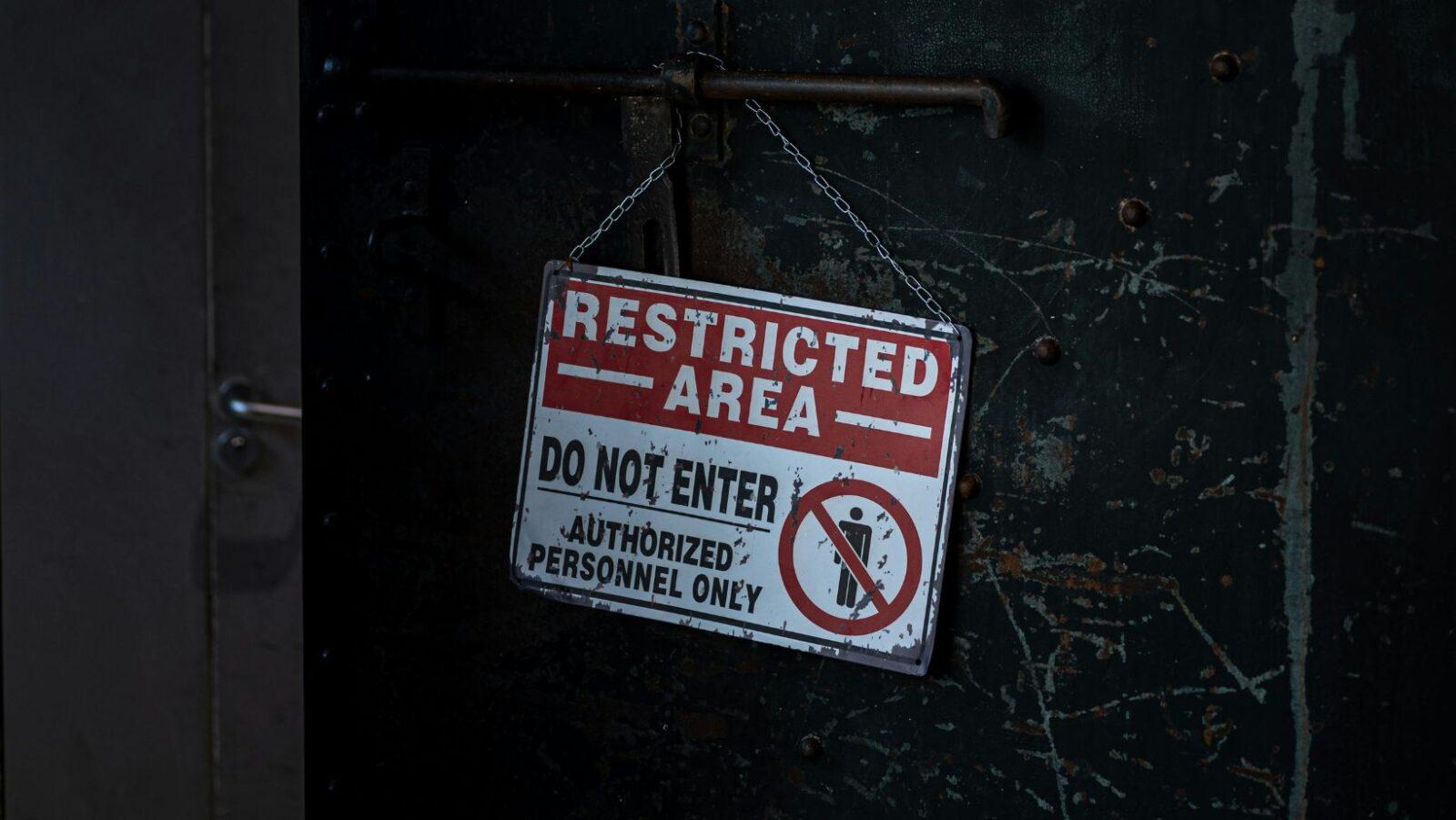
Every day, every hour, someone is in need of blood.
More than 2,000 blood units are used for transfusions daily throughout the country, and only we can produce this all-important resource. (Don’t worry about running out of blood when you donate; your body’s designed to prevent that from happening.)
The generosity of a blood donor goes a long way for the person receiving the blood. Many seem unaware, though, that donating blood actually provides amazing benefits for the donor as well.
It may reduce your risk of cardiovascular disease.
Research shows a correlation between regular blood donation and lower cholesterol levels, as well as decreased blood pressure. A blood donor may become less likely to suffer a heart attack, stroke, or hypertension.
A 2013 study on the blood lipid profiles of regular blood donors revealed that they had lower total cholesterol compared to non-donors.
Meanwhile, another study showed a clear relationship between blood donation and decreased blood pressure. This positive effect is more pronounced with regular or frequent donations, though. A person who has donated at least four times had the most significant reduction in blood pressure.
It stimulates the production of new blood cells.
In addition to decreasing your risk for heart-related illnesses, your cardiovascular system gets a boost. This happens when your body produces new red blood cells to make up for the blood it lost.
When you donate blood, special cells in your kidneys sense a decrease in oxygen. These cells secrete a protein called erythropoietin that signals your bone marrow to produce more blood cells.
It regulates your blood iron levels.
Blood donation can be therapeutic for patients that have symptoms of hemochromatosis, is a relatively common hereditary condition where the body stores elevated levels of iron.
Other iron overload conditions can also cause disturbances in the body. The excess iron can get stored in heart, liver, and pancreas, increasing the risks for illnesses such as cirrhosis, diabetes mellitus, arthritis, and other endocrine abnormalities.
As hemoglobin contains iron, blood donation temporarily reduces your iron levels, thus helping to prevent iron overload.
When you donate blood, you’ll receive a free health screening.
Another benefit: Donating blood comes with a complimentary health exam. You’ll get a free screening for your pulse, blood pressure and temperature, hemoglobin levels, blood type, and cholesterol levels.
Donation drives need to check their donors for good quality blood, so you will be checked for certain diseases (including hepatitis, HIV, and syphilis). Thus, by helping maintain the reliability of blood banks in hospitals, you can get more information about your own health. Basically, you won’t have to pay for a check-up!
It can improve your mental health.
According to the PRC National Blood Services Director Dr. Christie Monina M. Nalupta, the donation made by one person can save up to four lives. Now, doesn’t that make you feel warm and fuzzy inside?
Generosity, volunteerism, and altruism can actually boost your physical well-being and mental health. Some studies point to the effects of generosity on lowering blood pressure, lengthening one’s life span, and even reducing stress and anxiety.
Go out and donate blood!
The World Health Organization encourages frequent blood donation, setting a global target of 100 million donations per year. In the Philippines, at least 1% of the population must donate annually to ensure the reliability of the blood banks. A healthy individual may donate blood every three months.
When we donate blood, we can be heroes — not just for other people, but for ourselves, too. –MF
To find out how you can donate blood, visit https://www.redcross.org.ph/how-to-donate/
Cover photo: Red Cross Philippines
References
- https://www.ncbi.nlm.nih.gov/pmc/articles/PMC3663474/
- https://www.rappler.com/newsbreak/in-depth/180446-blood-donation-online-networks-philippine-red-cross
- https://www.ncbi.nlm.nih.gov/pubmed/26643612
- http://nbts.gov.jm/benefits-of-donating-blood/
- https://www.sciencedaily.com/releases/2014/07/140702203808.htm
- https://blood.ca/en/research/our-research-stories/research-education-discovery/hemochromatosis-and-why-blood-loss-can?pedisable=true
- https://www.karger.com/article/fulltext/373883
- https://www.brmsonline.com/blog/wellness/healthcare/2018/benefits-of-blood-donation
- https://pia.gov.ph/news/articles/1017245
- https://www.healthline.com/health/benefits-of-donating-blood#benefits
- https://www.redcross.org.ph/2019/05/02/prc-salutes-blood-donation-partners-anew/
- https://www.ncbi.nlm.nih.gov/pubmed/26867038
- https://ajph.aphapublications.org/doi/abs/10.2105/AJPH.2012.300876
- https://www.medicalnewstoday.com/articles/322940.php
- https://www.mentalhealth.org.uk/publications/doing-good-altruism-and-wellbeing-age-austerity
- https://www.pna.gov.ph/articles/1038155
- https://www.redcross.org.ph/how-to-donate/
Author: Jess Vilvestre
Jess is on her way to getting her license in engineering. On the side of studying, she spends her time writing, cooking, and watching movies and plays. Jess has also been working with an education project that capacitates STEM learners with portable science activity kits.






